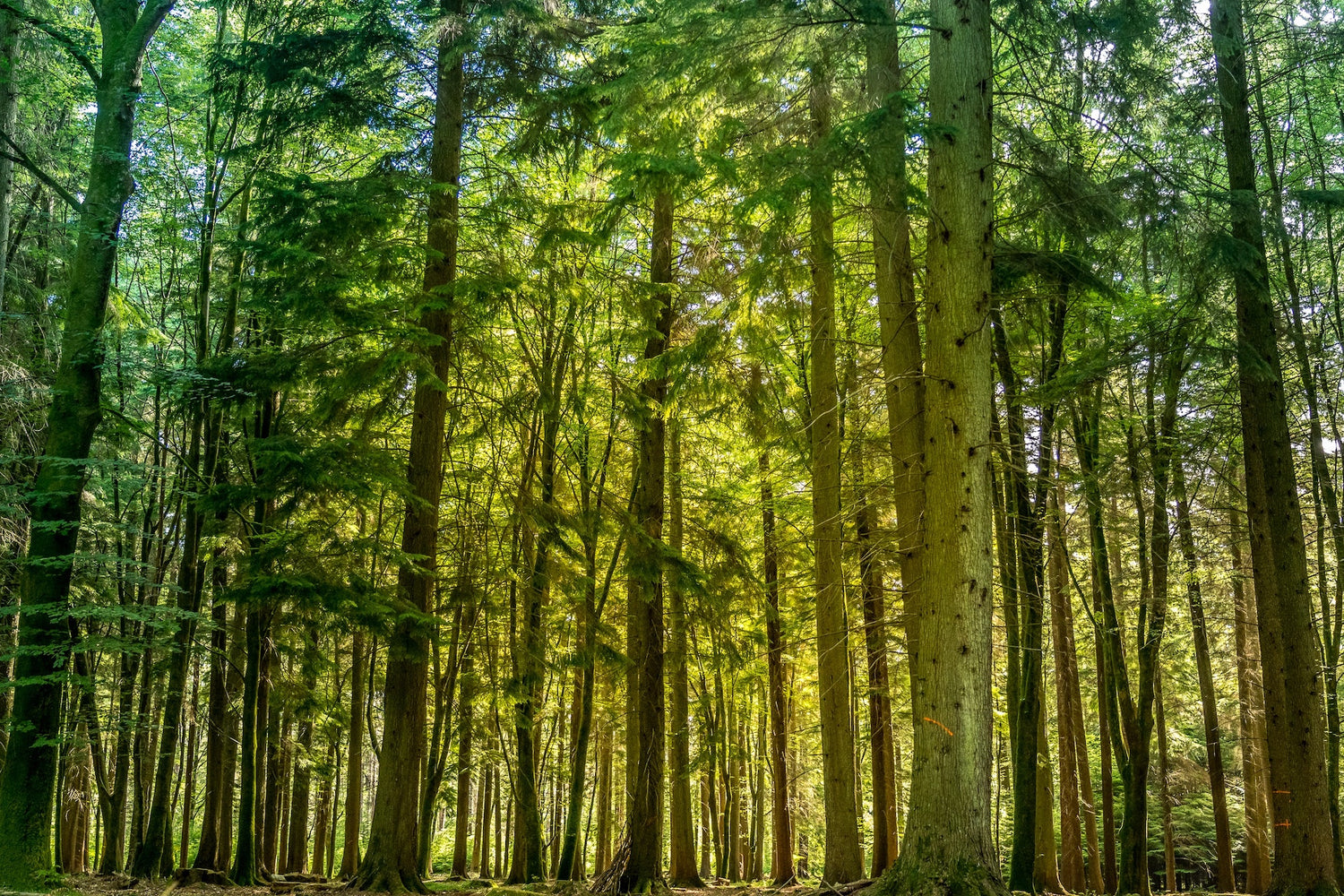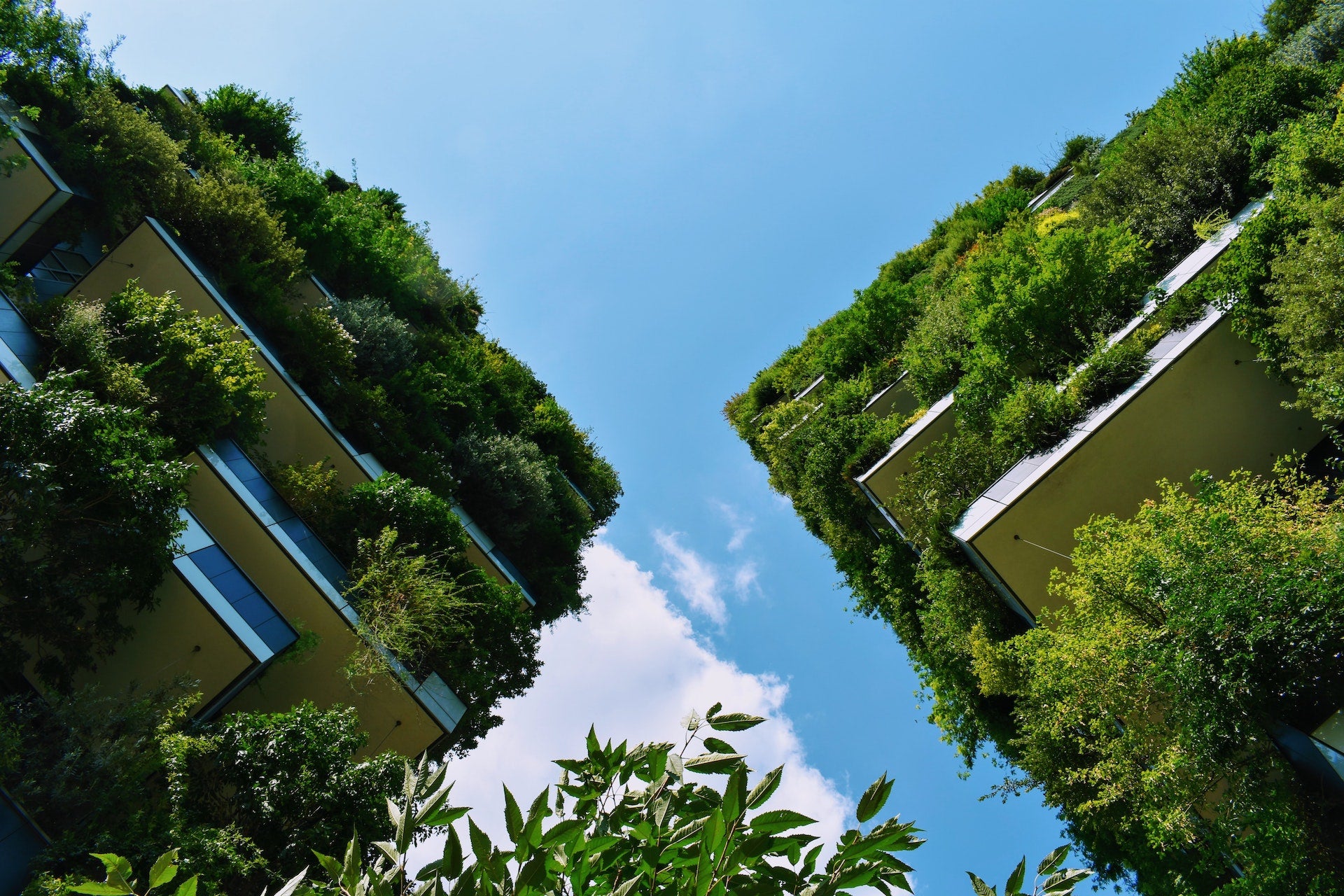
Sustainability becomes a core value in resorts and tourism
Many types of real estate facilities are used directly and indirectly every day in people's lives and activities, and serve as the starting point for various activities. Among these, tourism facilities such as resorts are one of the facilities that can create the greatest added value in terms of sustainability.
Sustainability is both a top priority and a strategic element for future tourism development, including resorts in Japan.
Issues: Tourism resources and overtourism
Japan's inbound tourism industry had been experiencing strong growth even before the COVID-19 pandemic, but the price it has paid is now the impact of overtourism on the environment, culture, and resource sustainability, which has become a major issue.
Going forward, as the tourism industry experiences further growth in the post-COVID era, overtourism is expected to once again emerge as an issue.
Furthermore, in 2019, Prime Minister Suga (then Chief Cabinet Secretary) expressed his intention to aim to build around 50 world-class hotels in Japan, and it is expected that discussions will take into account development such as the development of luxury resorts that utilize national parks. In such cases, the sustainability of the natural and cultural areas within the national parks will be the most important point of discussion.
Strategic element: sustainability becomes a core value in resorts and tourism
However, sustainability not only poses challenges for Japan's tourism industry, it also has the potential to bring great value.
For guests (travelers), participation and contribution to sustainability in the areas of people, community, culture, industry, nature, etc. at their travel destination is a very strong motivation for guests to return to that community or facility again and again.
The value of providing "opportunities to realize the ongoing contribution of one's actions" and "a community where people can share the same values in life" is growing year by year as it meets people's desire for "a sense of individuality, excitement and experiences in the extraordinary world of a resort."
This trend is especially pronounced among the wealthy, and even more so among the upper wealthy.

Trend: Global wealthy pay a premium for sustainability
Soneva, known as a Sustainable Resort supported by the global wealthy, is a resort management company that leads the industry in sustainability among luxury resorts. Soneva's luxury resorts conduct detailed scientific analysis of all elements, including greenhouse gases consumed, food, use of glass, metals, and other resources, and human resources, and pursue sustainability by giving back and creating. Their unparalleled commitment to sustainability and their sustainable luxury resort model that shares values with their guests are supported by wealthy guests worldwide.
Soneva Jani, a luxury island resort in the Maldives, recorded a high occupancy rate of 69% for a resort facility in 2019 and an ADR (average daily rate) of $2,701.
MnK, which operates the luxury resort facility Orchards Niseko in Niseko, Hokkaido, is working with facility staff, guests, and the local community on activities such as reforestation to give back to the local community through sustainability.
The kids' programs run by MnK allow participating children to take part in activities such as tree planting, and guests, many of whom are wealthy overseas, visit repeatedly even outside of peak season.
RoomBoss is a tech company based in Niseko, Hokkaido that provides one-stop real estate management and resort services for the global wealthy. They are co-developing with GOYOH a "Green Ski Lift Pass" that allows guests visiting ski resorts to contribute to the sustainability of the local area.
Related: GOYOH Seminar "Luxury & Sustainable Resort Development Symposium" (February 2020)

According to research by Wealth-X, with which GOYOH has partnered, charity work is ranked highest (36.3% / 1st place) among the hobbies and interests of ultra-high net worth individuals globally.
Other notable reasons for this include sports (34.5% / 2nd place), the outdoors (17.6% / 4th place), and arts and culture (15.4% / 6th place). Combining these elements with opportunities to participate in sustainability, such as community and charitable activities related to resorts and tourism, will be important in gaining support from the global wealthy.

To establish such a sustainable resort and continue to operate effectively, it is necessary to measure results and set goals that are visible to operators, guests, and the community.
By making sustainability-based actions and contributions visible, people can see the effects and results of their actions, and it enables them to share and empathize with others who share the same values, creating common goals.
Furthermore, by using the right tools and technologies to visualize and measure the effects, it is possible to generate, share, and set goals for sustainability options, creating a huge ripple effect not only in the environmental field, but also in other fields such as communities, human resources, traditional culture, and traditional industries.
We believe that sustainable tourism (resorts) will be the most desired element by people in the next-generation resort industry, and will be a key element in creating a virtuous cycle that increases the value of facilities, real estate and communities and attracts even more people.

By providing real estate owners and managers with the right tools, the real estate ESG tech service "EaSyGo" goes beyond the boundaries of individual properties and connects them to the "lines" that connect other dots, encouraging behavioral change that will lead to a shared commitment to sustainability for people in the real estate industry.
To encourage people to actively change their behavior towards sustainability, EaSyGo provides real estate users with the elements and options necessary for sustainability initiatives, such as motivation, means, evaluation, sharing and empathy .
We spread sustainability from individuals to communities, from communities to towns and towns to cities.




